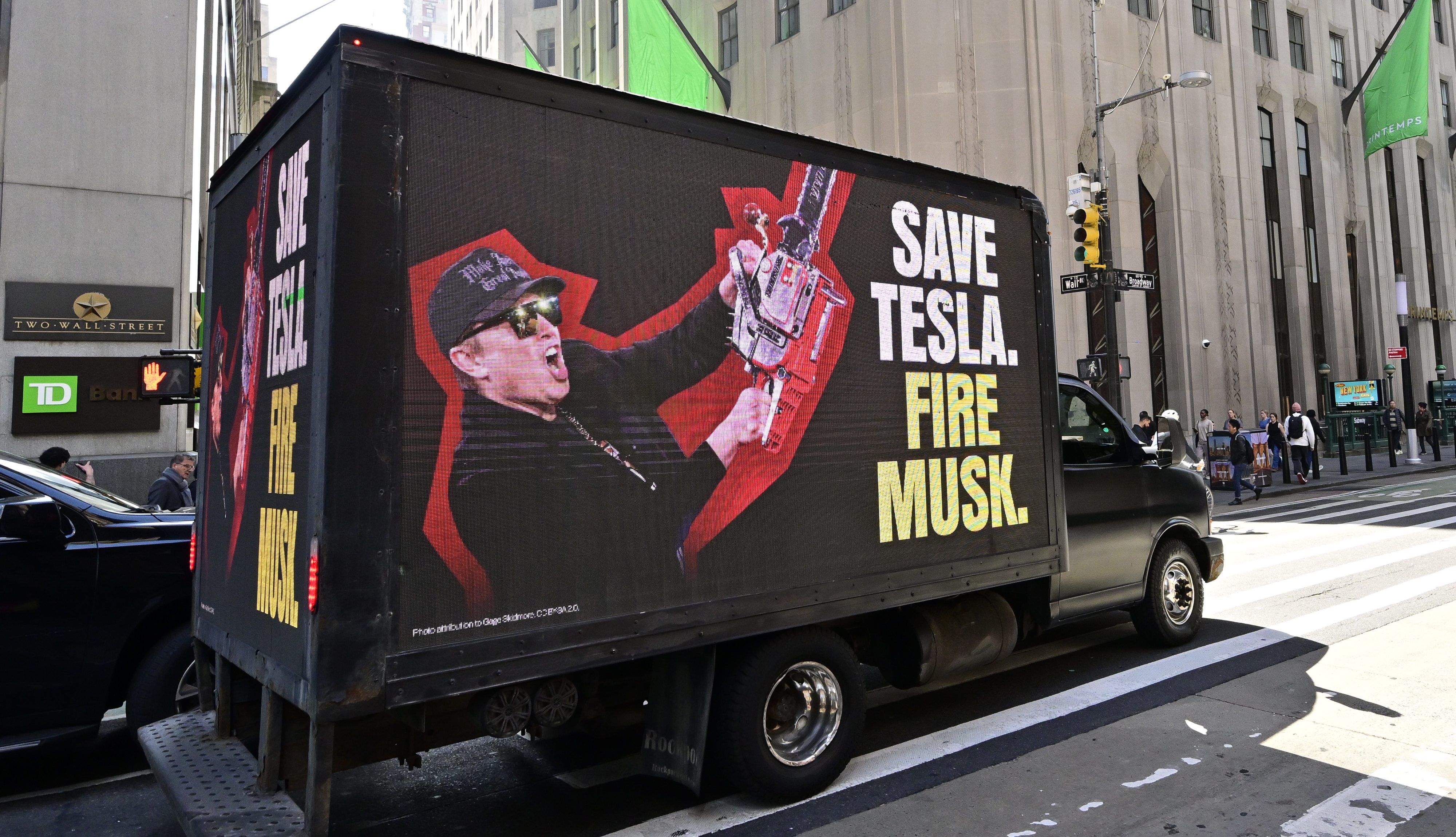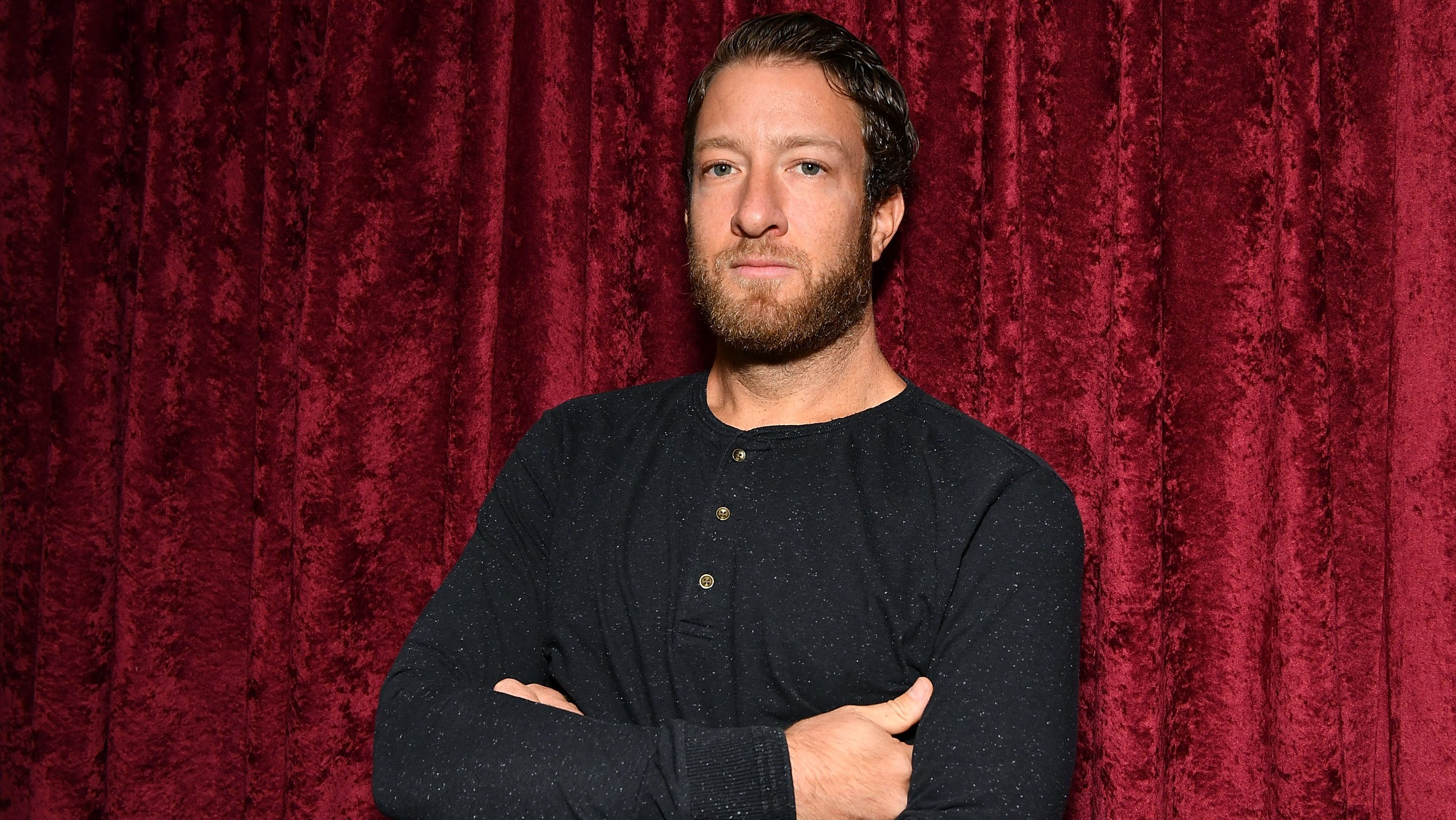Tesla's Brand Crisis: Will Musk's Changes Fix It?
Tesla's Image Crisis: Can Musk Rebuild His Brand?
The Elon Effect: A Brand Under Pressure
Elon Musk, once hailed as a visionary and a modern-day Edison, now faces a daunting challenge: repairing the damage to Tesla's brand. It's like watching a masterpiece slowly crack under the weight of its creator's actions. The initial shine of innovation and sustainability is fading, replaced by concerns over controversial statements and polarizing behavior. Can the company bounce back, or is this a long-term turning point?
Sales have dipped, profits have been slashed, and competitors are circling like vultures. Musk's recent announcement of scaling back his government involvement to focus more on Tesla offered a glimmer of hope, sending the stock up a modest 5%. But is it enough? Let's delve deeper into the factors at play and explore the long road to brand recovery.
Tesla's Tumbling Sales: More Than Just Musk?
Is it *all* Musk's fault? While his pronouncements certainly haven't helped, several factors could be contributing to Tesla's sales slump.
Rising Competition: The EV Arena Gets Crowded
The electric vehicle market is no longer a Tesla-dominated playground. Established automakers and ambitious startups are rolling out compelling EVs, offering consumers more choices than ever before. This increased competition puts pressure on Tesla to not only innovate but also maintain its premium brand image. Consider this: VW, Hyundai, Ford, even Ferrari are offering alternatives. This is something Tesla hasn't really had to deal with before.
Economic Headwinds: A Tightening Grip on Wallets
Inflation, rising interest rates, and economic uncertainty are impacting consumer spending across the board. Expensive purchases, like electric vehicles, are often the first to be cut from household budgets. It's simply harder to justify a luxury EV when groceries are getting more expensive.
The Political Divide: Brand Boycotts and Backlash
Musk's increasingly vocal and often controversial political stances have alienated a significant portion of Tesla's potential customer base. Consumers are increasingly making purchasing decisions based on a company's values, and Musk's embrace of certain viewpoints has triggered boycotts and negative publicity.
Alienating the Early Adopters: A Dangerous Game
Tesla's early adopters were often environmentally conscious and socially progressive. These customers may now feel betrayed by Musk's actions, leading them to explore alternative EV brands that align with their values. Losing this loyal base could have long-term consequences.
The Cost of Controversy: Quantifying the Damage
While it's difficult to put an exact dollar figure on the brand damage, the impact is undeniable.
Plunging Profits: A Clear Sign of Trouble
The reported two-thirds drop in profits this year speaks volumes. While factors like increased competition and supply chain issues play a role, brand damage undoubtedly contributes to the bottom line.
Stock Market Volatility: Investor Anxiety
Tesla's stock price has been volatile, reflecting investor uncertainty about the company's future. Musk's actions have fueled this volatility, making it harder for Tesla to attract and retain investors.
Musk's U-Turn: A Change of Direction?
Musk's announcement to scale back his involvement in Washington and focus more on Tesla suggests a recognition of the problem. But is it a genuine commitment, or just a temporary fix?
Shifting Priorities: Can He Deliver?
Musk is known for juggling multiple ventures simultaneously. Whether he can truly dedicate the necessary time and attention to rebuilding Tesla's brand remains to be seen. This is a monumental task even for the most dedicated CEO.
Talking the Talk: The Need for Concrete Action
Words are cheap. Musk needs to demonstrate tangible steps to address the concerns and regain the trust of consumers and investors. This requires more than just a change in rhetoric; it demands a change in behavior.
Rebuilding the Brand: A Marathon, Not a Sprint
Repairing the damage to Tesla's brand won't be a quick fix. It will require a sustained effort and a long-term strategy.
Communication is Key: A New Narrative
Tesla needs to communicate a clear and consistent message that reaffirms its commitment to innovation, sustainability, and social responsibility. This messaging needs to be separate from Musk's personal views.
Focus on Innovation: Reclaiming the Cutting Edge
Tesla needs to recapture its reputation as a technological leader by focusing on developing groundbreaking new products and technologies. This is where their strength lies.
Customer Service: Prioritizing the User Experience
Improving customer service is crucial. Addressing customer complaints promptly and efficiently can help rebuild trust and loyalty. A happy customer is the best form of marketing.
The Long Game: Tesla's Future in a Changing World
Tesla's future success depends on its ability to adapt to the changing landscape of the electric vehicle market and address the concerns surrounding its brand image.
Embracing Inclusivity: Appealing to a Broader Audience
Tesla needs to actively promote inclusivity and diversity to appeal to a wider range of consumers. This means showcasing the brand's commitment to social justice and environmental stewardship.
Beyond the Brand: The Power of the Product
Ultimately, the quality and performance of Tesla's vehicles will play a significant role in its long-term success. If Tesla can continue to produce innovative and reliable EVs, it can overcome the challenges posed by its brand image. A truly great product can often transcend controversy.
Conclusion: A Long Road Ahead
Elon Musk's actions have undoubtedly damaged Tesla's brand, and repairing that damage will be a long and arduous process. Increased competition, economic headwinds, and political polarization all contribute to the challenge. However, with a renewed focus on innovation, customer service, and inclusive messaging, Tesla can potentially reclaim its position as a leader in the electric vehicle market. The key takeaway: it won't be easy, and it requires more than just words from Musk.
Frequently Asked Questions
Here are some common questions about Tesla's brand situation:
- Is Tesla's brand damage permanent?
No, brand damage is rarely permanent. With consistent effort and a strategic approach, Tesla can repair its image and rebuild trust with consumers. - How long will it take for Tesla to recover?
Brand recovery is a marathon, not a sprint. It could take several years of sustained effort to fully address the concerns and regain the trust of customers. - What can Tesla do to immediately improve its brand image?
Tesla can start by publicly addressing the concerns raised by consumers and demonstrating a commitment to inclusivity, sustainability, and customer service. - Are other factors besides Musk contributing to Tesla's sales decline?
Yes, increased competition in the EV market and broader economic factors, like inflation, are also playing a significant role. - Will Musk stepping back from other roles help Tesla's brand?
It's a step in the right direction, but it's not a magic bullet. Musk needs to demonstrate tangible actions to show that his focus is truly on rebuilding Tesla's brand.

